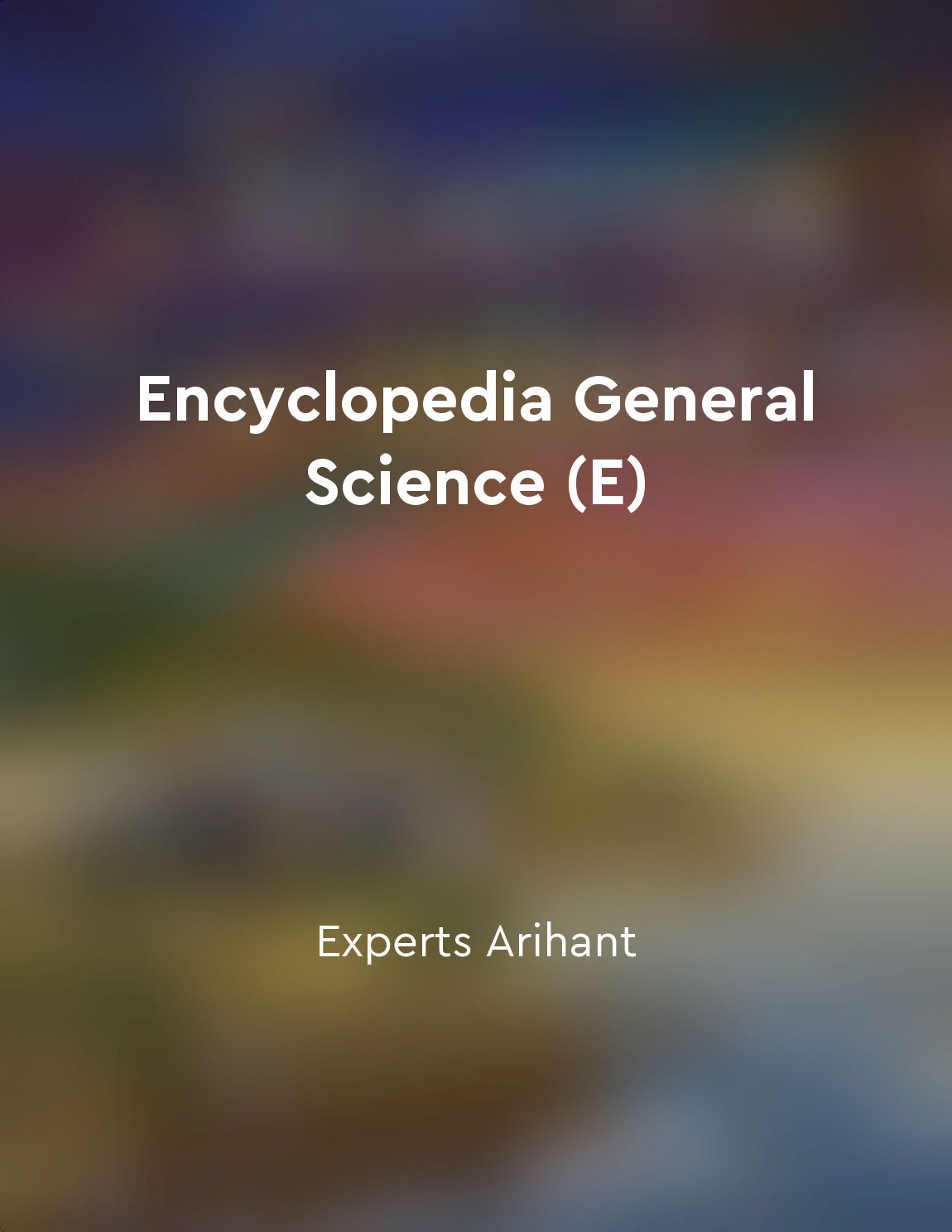Audio available in app
Curiosity is the engine of science from "summary" of Ignorância by Stuart Firestein
The driving force of science, the thing that keeps it moving forward, is not some grand theory or elaborate plan. It is something much simpler and more fundamental: curiosity. Curiosity is what propels scientists to ask questions, to seek out new knowledge, to investigate the unknown. It is the spark that ignites the scientific process, setting off a chain reaction of inquiry, discovery, and understanding. Without curiosity, science would not exist. It is what compels scientists to explore the mysteries of the natural world, to push the boundaries of human knowledge. Curiosity is what drives them to delve into the unknown, to seek out answers to the questions that have puzzled humanity for centuries. It is the impetus behind every scientific breakthrough, every new discovery, every advancement in our understanding of the universe. Curiosity is not just a trait that some people possess and others do not. It is a fundamental part of human nature, ingrained in our DNA. From a young age, we are driven to explore, to learn, to understand the world around us. This innate curiosity is what drives us to ask questions, to seek out new experiences, to push the boundaries of what we know. In the world of science, curiosity is not just a personal attribute—it is a professional virtue. Scientists must be willing to ask difficult questions, to challenge accepted wisdom, to pursue knowledge for its own sake. Without curiosity, scientists would never make the breakthroughs that have transformed our understanding of the world. Curiosity is the engine that drives science forward, propelling us into new realms of knowledge and understanding. It is what motivates scientists to keep exploring, keep questioning, keep seeking out the truth. Without curiosity, science would stagnate, trapped in a cycle of repetition and stagnation. But with curiosity as our guide, there is no limit to what we can discover, no end to the mysteries we can unravel.Similar Posts
Learning from failure is a necessary step towards success
In the pursuit of success, failure is often seen as an obstacle to be avoided at all costs. However, in "Beyond," Stephen Walke...

Share your knowledge and mentor others
The act of sharing your knowledge and mentoring others is a powerful way to not only solidify your own understanding of a subje...
Cultivate a growth mindset
To develop a growth mindset is to embrace the idea that our abilities can be developed and improved over time through hard work...

Anatomy focuses on the structure of living organisms
Anatomy is a branch of science that is concerned with the study of the structure of living organisms. It delves into the intric...
Facing challenges in maledominated field
In the scientific world, a young woman faces unique challenges when entering a male-dominated field. These challenges can range...
Instinct is the foundation of human behavior
Kenneth R. Miller argues that the concept of instinct as the foundation of human behavior is a fundamental aspect of our nature...
Transition words used for smooth flow of information
Transition words are essential tools for creating a smooth flow of information in a text. They help connect ideas, sentences, a...

Learn from your mistakes
Mistakes are a natural part of the learning process. They are not something to be feared or avoided, but rather embraced and us...

Explore different perspectives through questioning
Questioning is a powerful tool that can help us see the world from different angles and perspectives. By asking questions, we c...
The beauty of science lies in its pursuit of truth
Science, at its core, is a quest for truth. It is a relentless pursuit of understanding the world around us, driven by a desire...
